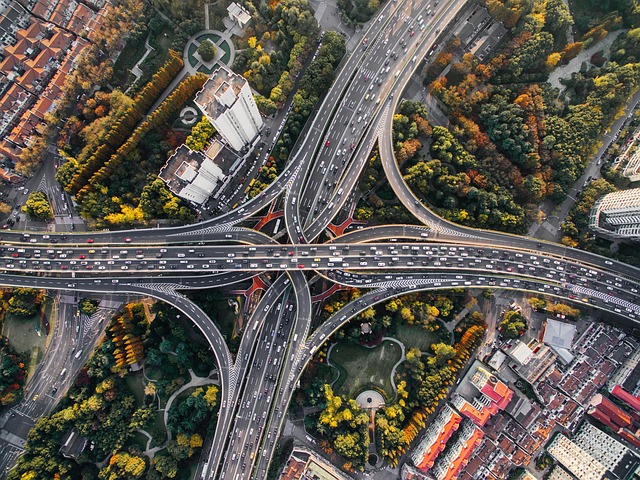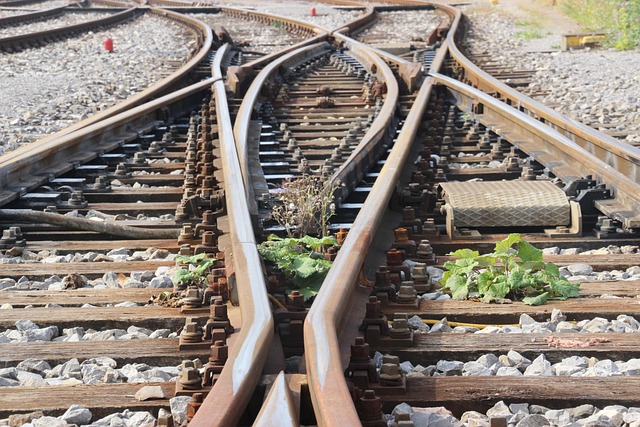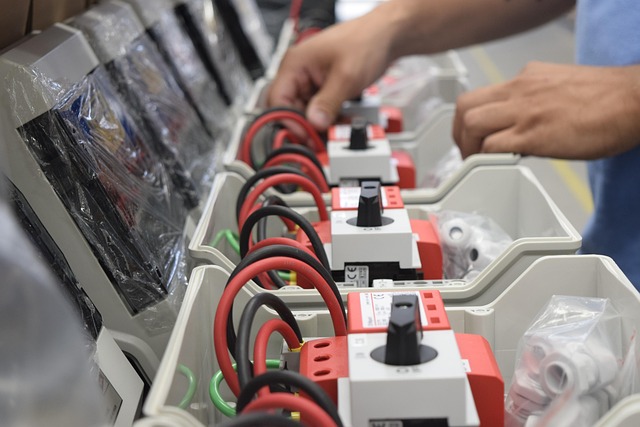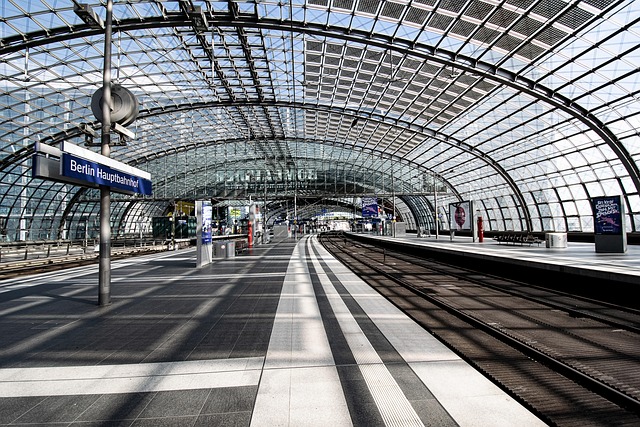Junction City's economy has been shaped by its strong agricultural heritage since its inception. Historically centered around crops like wheat, corn, and soy, the city evolved with improved transportation networks into a bustling industrial metropolis while retaining its farming roots. Today, Junction City leverages its strategic location and rich history to diversify into new sectors like sustainable agriculture, distribution, warehousing, and manufacturing, driven by technological advancements and partnerships focused on local food production and eco-tourism.
“Junction City’s economic journey is a captivating tale of transformation, from its humble agricultural beginnings to becoming a vibrant economic hub. This article explores the city’s rich history, tracing its roots back to the thriving agricultural sector that shaped its early years. We delve into the factors that fueled its industrial growth and analyze how transportation networks played a pivotal role in its economic evolution. With a focus on modern agriculture, we uncover challenges and highlight opportunities for Junction City’s future prosperity, especially in the context of its agricultural heritage.”
- Historical Agricultural Roots of Junction City
- Early Economic Growth and Industrialization
- The Role of Transportation in Shaping the Economy
- Modern Agriculture: Challenges and Opportunities
- Future Prospects for Junction City's Economic Development
Historical Agricultural Roots of Junction City

Junction City’s economic history is deeply rooted in its agricultural past, which has played a pivotal role in shaping the city’s identity and growth over the years. Since its inception, the region has been dedicated to farming and ranching, establishing a strong foundation for the community’s economic development. The fertile lands and favorable climate fostered a thriving agricultural sector, with local farmers cultivating diverse crops such as wheat, corn, and soy.
The Junction City agriculture scene was characterized by small-scale family farms that dominated the landscape. These farms not only sustained the local population but also contributed significantly to the regional economy. Over time, the city’s agricultural heritage evolved, adapting to changing market demands and technological advancements. This historical foundation continues to influence Junction City’s economic trajectory, even as it diversifies and embraces new industry sectors while proudly preserving its rich agricultural roots.
Early Economic Growth and Industrialization

In the early days, Junction City’s economic landscape was heavily influenced by its agricultural roots. The fertile soils and favorable climate fostered a thriving farming community, with crops like wheat, corn, and soy becoming staples in the local economy. This agricultural base not only supported the town’s growing population but also laid the groundwork for future industrial development. As transportation networks improved, Junction City became a strategic hub for regional agriculture, with its markets and rail connections facilitating the export of goods across wider distances.
The industrialization process began to accelerate in the late 19th century, driven by factors such as increasing urbanization and the demand for manufactured goods. Local entrepreneurs recognized opportunities to diversify the economy beyond agriculture. The establishment of factories and manufacturing plants led to the growth of a skilled workforce and the emergence of diverse industries, including textile production, food processing, and metalworking. This period marked a significant shift in Junction City’s economic timeline, transforming it from an agrarian center into a bustling industrial metropolis with a dynamic job market.
The Role of Transportation in Shaping the Economy

The development of a city’s economy is closely tied to its transportation infrastructure, and Junction City has witnessed this evolve over time, particularly in its agricultural sector. The strategic location of Junction City has always been an asset, providing easy access to major transportation routes, which facilitated the movement of goods and people. Historically, the city’s agriculture-focused economy thrived due to efficient transport systems that connected local farmers to broader markets. This accessibility encouraged the growth of farms, allowing for the export of high-quality produce and fostering a thriving agricultural industry.
With advancements in transportation technology, Junction City has continued to adapt and thrive. Modern transportation networks, including improved roads and rail connections, have further enhanced the city’s economic prospects. These efficient logistics systems enable not only the swift movement of agricultural products but also attract businesses related to distribution, warehousing, and manufacturing. The seamless connectivity encourages economic diversification, supporting various sectors while retaining the strong agricultural foundation that has historically defined Junction City.
Modern Agriculture: Challenges and Opportunities

Junction City’s agricultural sector has experienced a significant evolution over time, presenting both challenges and opportunities for economic growth. Historically known for its vibrant farming communities, the city faces modern agricultural challenges such as changing climate patterns, increased land development pressures, and the need to adapt to evolving consumer demands for organic and locally sourced produce. However, these challenges also open doors to innovative possibilities.
The rise of sustainable farming practices, vertical agriculture, and technology-driven solutions offer new avenues for Junction City’s farmers. Embracing these modern approaches can enhance local food production, reduce transportation costs, and contribute to a more resilient and diverse agricultural economy. By leveraging available resources and fostering partnerships between farmers, researchers, and tech startups, Junction City has the potential to become a leading example of sustainable and thriving agriculture in the region.
Future Prospects for Junction City's Economic Development

Junction City’s economic future looks bright, with a strong foundation built on its rich agricultural heritage. As the city continues to embrace innovation and sustainability in farming practices, there are promising prospects for expansion in both local and global markets. The integration of technology in agriculture, such as precision farming and vertical farming, could boost productivity and create new job opportunities within the industry.
With a strategic focus on sustainable development, Junction City can capitalize on its agricultural assets to attract investments in agri-businesses, food processing, and eco-tourism. By promoting local produce and fostering partnerships with nearby urban centers, the city can establish itself as a key player in the regional food ecosystem. This, in turn, will drive economic growth, enhance community prosperity, and ensure a vibrant future for Junction City’s agricultural sector.






